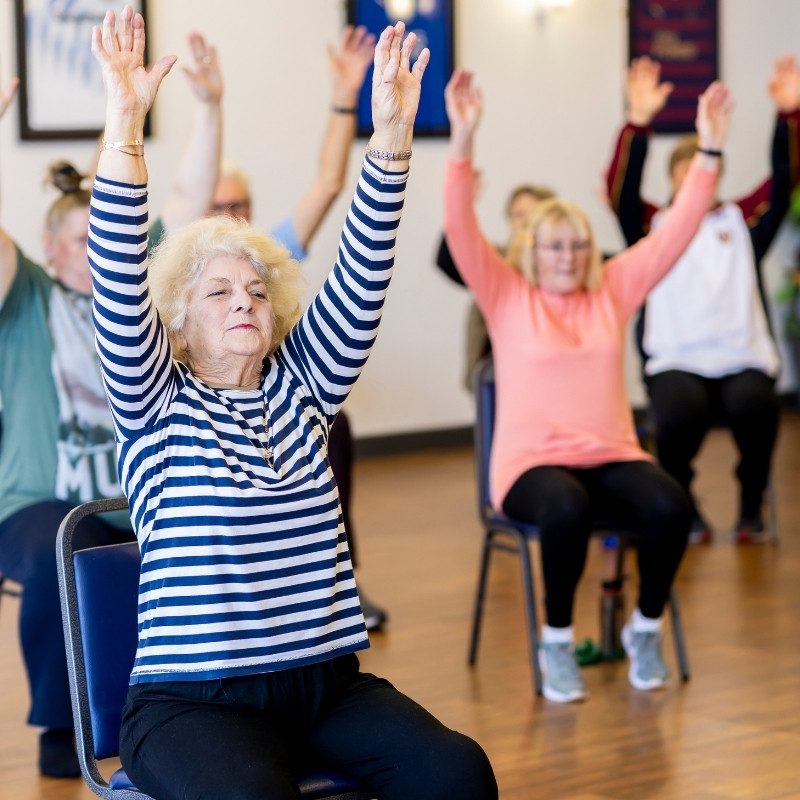Life is a journey of constant change, and the passage of time inevitably leaves its mark on our bodies. While aging brings wisdom and experience, it also initiates subtle yet significant shifts within our musculoskeletal system and overall health.
Understanding these changes is the first step towards proactive self-care and maintaining an active, vibrant life for years to come.
How Time Impacts Your Movement and Well-being
One of the most common areas where the effects of aging become apparent is in our cartilage. This smooth, resilient tissue acts as a cushion between our bones, allowing for fluid, pain-free movement in our joints. Over time, cartilage can gradually wear down, a process often accelerated by genetics, lifestyle, and injury. This thinning can lead to increased friction, stiffness, and discomfort, which are hallmark signs of aging joints.
Our ligaments and tendons, the tough connective tissues that anchor bones to each other and muscles to bones, respectively, also undergo changes. With age, these tissues can lose some of their elasticity and strength.
Ligaments may become less able to provide stable support to our joints, potentially increasing the risk of strains or instability. Tendons can become less pliable, making them more susceptible to injuries like tendinitis. This reduced resilience can impact our range of motion and the power we can generate during physical activity.
The joints themselves bear the brunt of these changes. As cartilage thins and ligaments lose their tautness, the structural integrity of the joint can be compromised. This can lead to bone-on-bone contact, inflammation, and the development of conditions like osteoarthritis. Simple everyday activities that were once effortless can become challenging and even painful.
Our bones, the very framework of our bodies, are also dynamic tissues that are constantly being remodeled. However, as we age, the balance between bone formation and bone resorption can shift, often leading to a gradual decrease in bone density.
This is particularly relevant for women after menopause due to hormonal changes. Lower bone density increases the risk of fractures, making bone health a critical focus as we age.
Whether you’re a professional tradesperson or an avid hobbyist, protecting your joints is crucial. Read our Labor Day guide for active folks 50 and up for more specific tips.

Beyond the Body’s Connective Tissue
Beyond the musculoskeletal system, aging has broader implications for our overall health and wellness. Our metabolism can slow down, affecting energy levels and weight management.
The efficiency of our immune system may gradually decline, making us more susceptible to illness. Cellular damage from free radicals that can accumulate over time, contributing to various age-related conditions. Furthermore, hormonal shifts can impact everything from mood and sleep to muscle mass and energy levels.
However, the story of aging is not one of inevitable decline. While these biological changes are a natural part of life, the rate and extent to which they impact us are significantly influenced by our lifestyle choices.
Maintaining a balanced diet rich in essential nutrients, engaging in regular physical activity that includes both cardiovascular and strength training, managing stress effectively, and prioritizing good sleep hygiene can all play a profound role in mitigating the effects of aging on your connective tissue, according to OKC Orthopedics.
Filling in Nutritional Gaps with Supplementation
Supplementation can also be a valuable tool in supporting healthy aging. Ingredients like hydrolyzed collagen can provide the building blocks for cartilage and connective tissues, while hyaluronic acid can help maintain joint lubrication. Antioxidants and anti-inflammatory compounds found in various botanicals can combat cellular damage and support overall well-being.
This thought process guided our formulation of Smartilage, a premium joint complex that also succeeds in filling in some of the most common gaps in people’s everyday nutrient intake.
In conclusion, aging is a multifaceted process that brings about changes throughout our bodies, particularly impacting our musculoskeletal system and overall health. By understanding these changes and adopting proactive lifestyle strategies, including targeted supplementation, w
e can actively support our bodies and minds, fostering greater resilience, mobility, and a higher quality of life as we embrace the unfolding story of time.


Leave a Reply